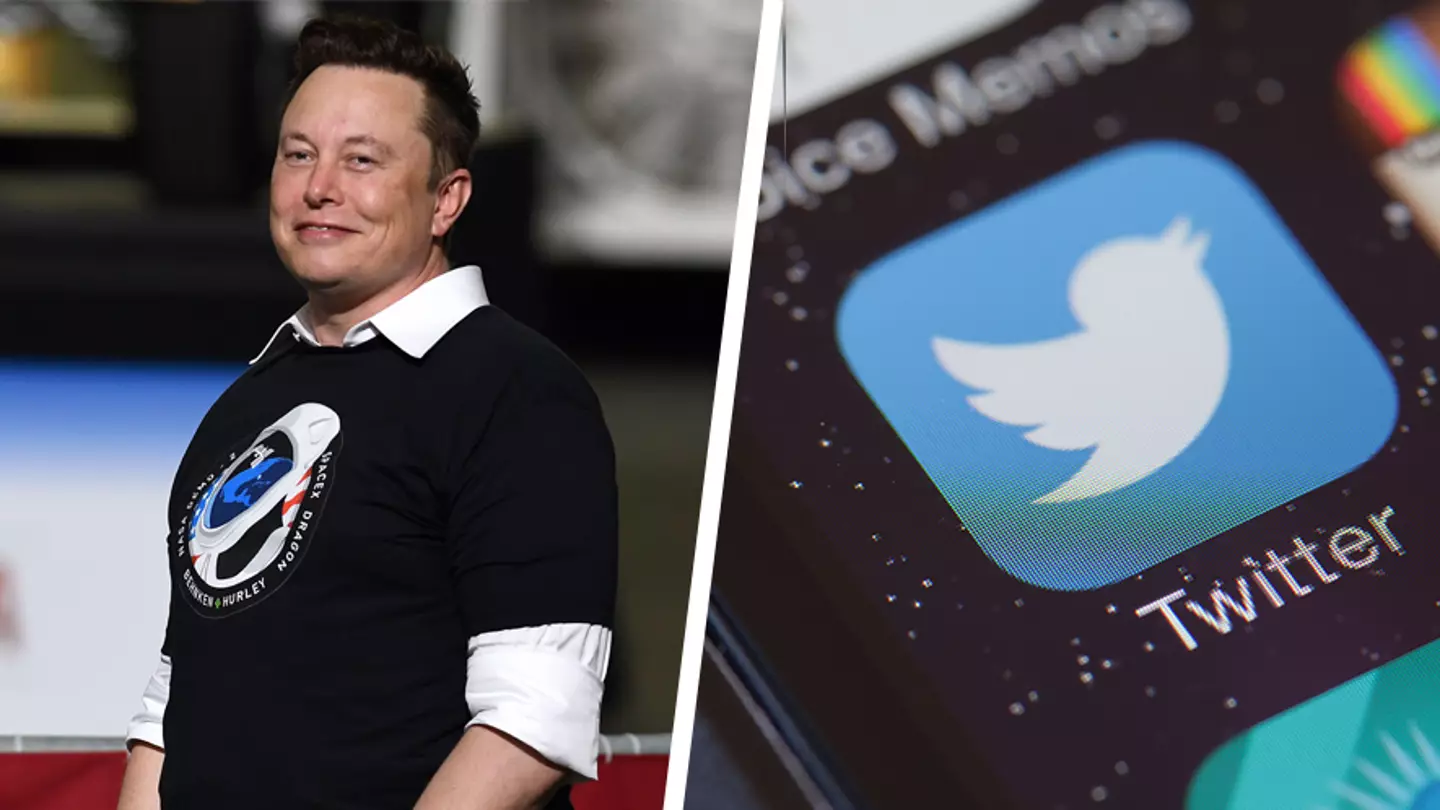
Elon Musk has had his mammoth AU$61 million (US$44 million) bid for social media juggernaut Twitter accepted and he promises it will be a beacon for free speech.
However, one tech expert has claimed the Tesla CEO actually understands very little about what free speech and content moderation in relation to operating one of the largest social media companies in the world.
Mike Masnick, the founder of Techdirt, analysed a TED interview Elon Musk had with Chris Anderson, soon after his Twitter bid was made public.
Advert
Masnick claims that Musk’s simplistic view on how free speech and social media should work is similar to that of tech experts in the early days of social media - learning that their beliefs aren’t actually reflected in reality.
Masnick argues that Twitter has spent 15 years ‘experimenting and iterating its policies’ to deal with a variety of challenges, which Musk is ignoring.
In the TED interview, Musk explained how he sees Twitter’s moderation coming down to what is allowed within the laws of a country.
Advert
He said: “In my view, Twitter should match the laws of the country. And, really, there’s an obligation to do that.”
Masnick claims this sentiment proves how little Musk actually knows about content moderation, citing that ‘free speech’ social network Parler fell into a similar problem.
Parler claimed they would only moderate speech if it violated the law, however, went against that claim when people took to the platform to mock Parler itself and post porn, both of which are protected by the United States’ first amendment.
Masnick would also call Musk’s definition of free speech ‘utter nonsense’.
Advert
Musk said: “A good sign as to whether there is free speech, is ‘is someone you don’t like allowed to say something you don’t like?’ And if that is the case, then you have free speech.”
He continued: “That is a sign of a healthy, functioning free speech situation.”
Masnick would argue the problem isn’t about someone saying something you dislike, but more about issues such as spam, abuse, threats of violence, and dangerously misleading information.
Advert
Masnick said: “Musk not understanding any of that is just a representation of how little he understands this topic.”
Musk also outlined what Twitter’s main priority should be, however, Masnick claims it contradicts what Musk’s Twitter content moderation would be.
Musk said: “Frankly, the top priority I would have is eliminating the spam and scam bots and the bot armies that are on Twitter. You know, I think, these influence… they make the product much worse.”
Masnick believes this policy would require moderation and rules that would need to be enforced on the platform because spam is actually legal.
Advert
Masnick believes Musk leaving the content moderation policy up to anything that is ‘legal’ is shortsighted.
He claims that all early social media start-ups ‘started with a fundamental default towards allowing more speech and moderating less’.
But he added: “And they all realised over time that it’s a lot more nuanced than that.”